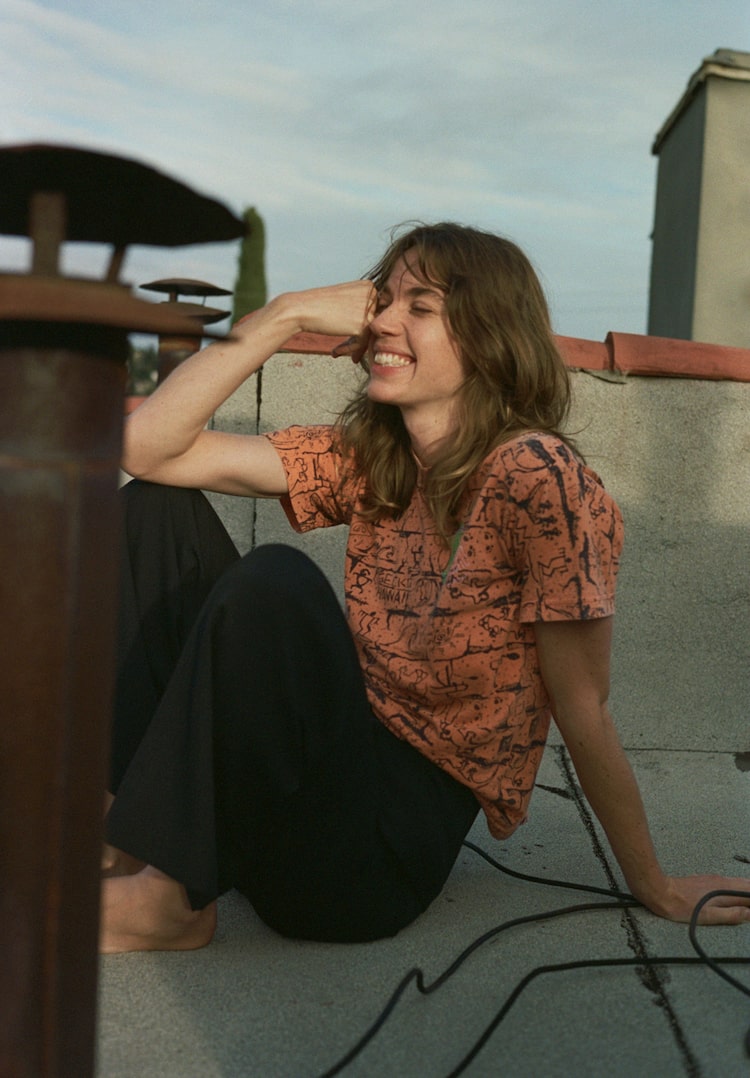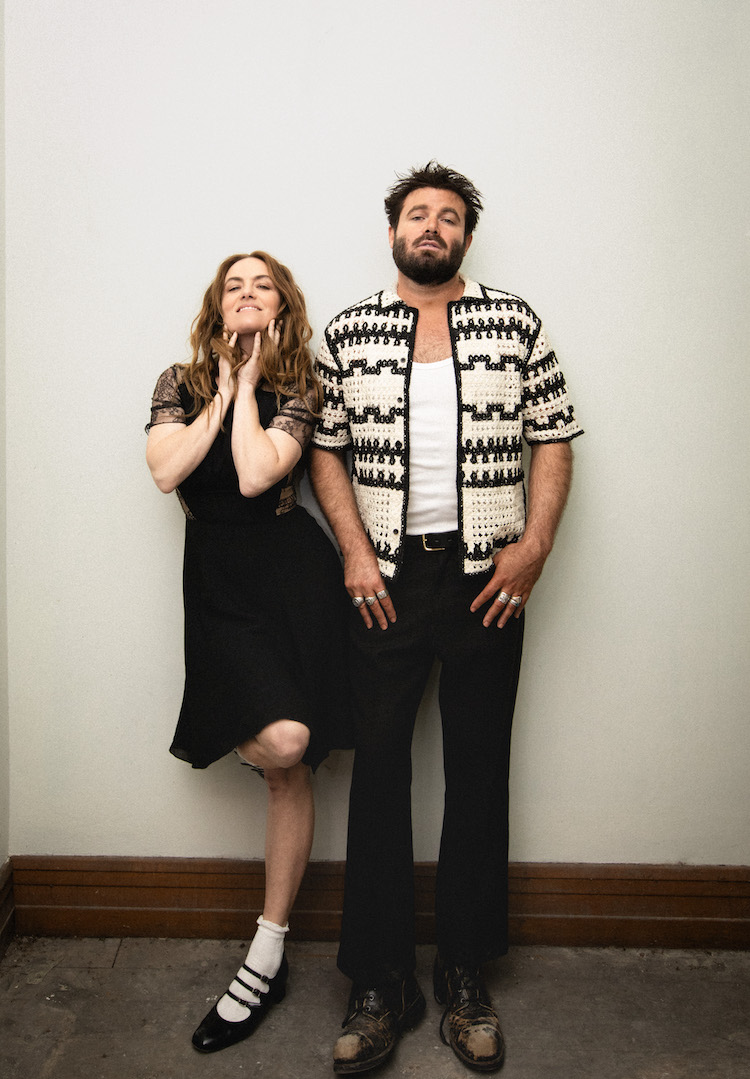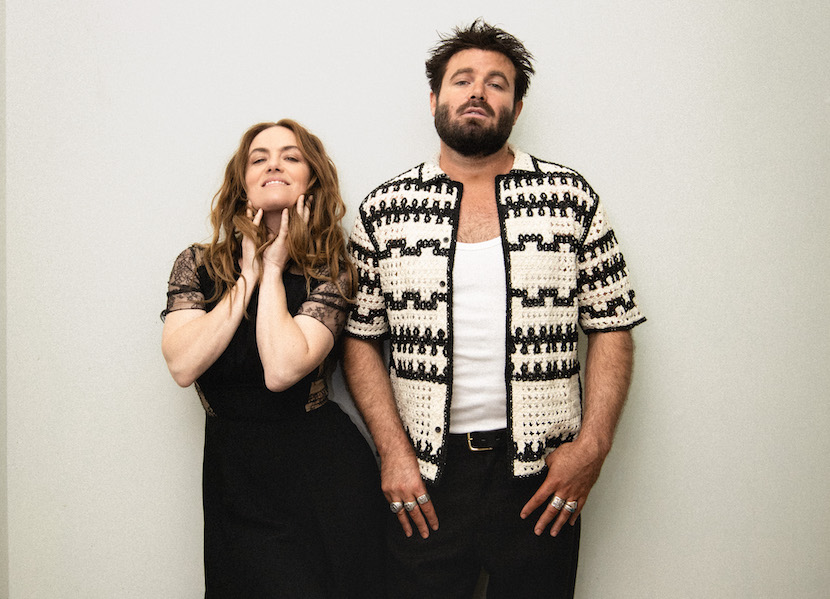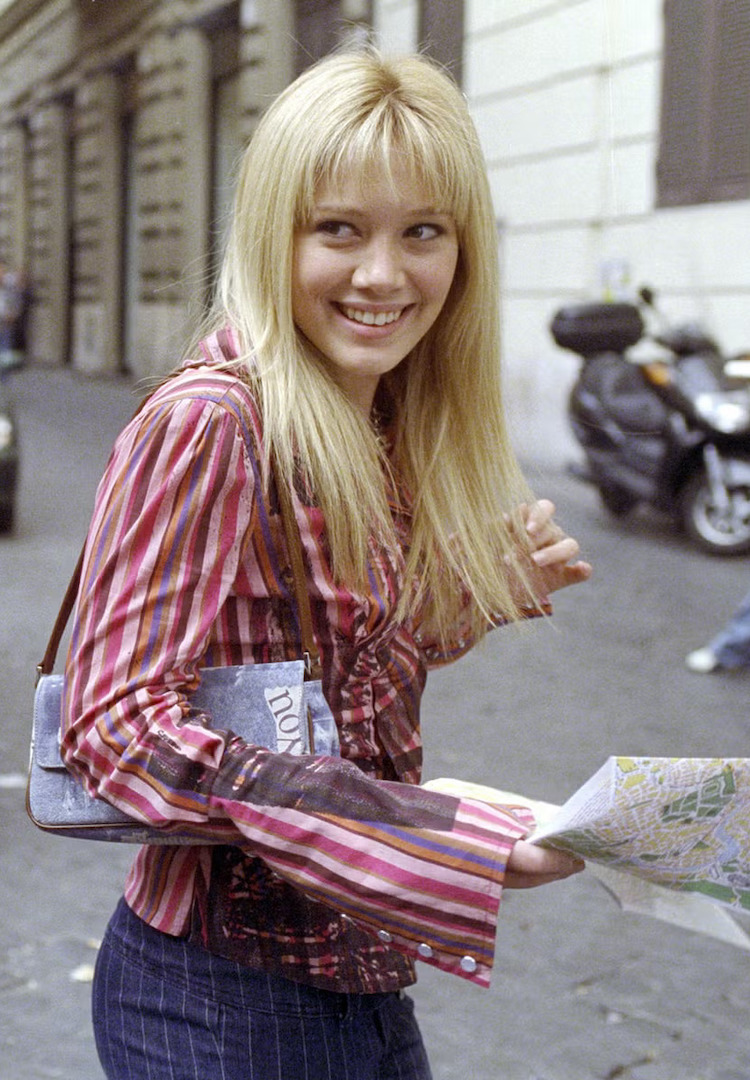Angus and Julia Stone on mythical connection, the human condition and their new album ‘Cape Forestier’
PHOTOGRAPHY Sean McDonald
words by kaya martin
“At the heart of any form of consciousness is a sense of connection and a desire to feel connected.”
“There’s something intuitive in humans that can feel the authenticity of something,” Julia Stone tells me. Like her brother, she’s pensive and soft-spoken, taking time with each answer. We’re talking about the eternal nature of music’s greats, from Jimi Hendrix to Joni Mitchell – how their work lasts forever because it touches on the human condition.
There’s something about Angus and Julia Stone’s latest album, Cape Forestier, that has a similar timelessness. Despite their dizzying journey, which has taken them from Sydney’s Northern Beaches to the farthest-flung corners of the world, the duo have retained a sense of purity in their work, a quality that has crystalised them as one of the country’s most cherished acts.
Discover more about Australia’s musical talent in FJ’s Music section.
Cape Forestier sees them return to their roots. Shining bright in its simplicity, the record is packed with masterful harmonies, stripped-back instrumentals and lullaby-like lyrics of love and longing.
“We’ve worked in hotel rooms and backstage rooms in venues recording and we’ve worked in Shangri-La in California, one of the most beautiful studios in the world, and everything in between,” says Julia. “This record, for us, took it back to what it was like when we made our first EP together, Chocolates and Cigarettes, which was in our dad’s living room, just figuring it out.”
To recreate the intimate feeling, they recorded the album in Angus’s newly-built rural New South Wales studio. “A friend of mine, I was walking down the street and she owns a shop in town that I regular, and she had seen this sort of mythical place that she put into a story for me. She knows my style and the way that I appreciate old things, and she said ‘You should really go have a look at this place’. The owners had passed away and it was sort of sitting there dormant like a time capsule,” says Angus.
“I snuck around and I peered through the window and it was like when you pick up a guitar or any instrument, there’s a story to be told through the resonance and the age of the instrument and what it’s seen and what it’s been through,” he tells me. There, overlooking the sugarcane fields and surrounding mountains, is where Cape Forestier took shape.
The record is a combination of new material and older demos which Angus and Julia decided to bring back to life. ‘The Wedding Song’ is one of those oldies which had become somewhat of a bootleg hit. Fans had got their hands on a live recording and were using it at their weddings. At the last minute, Angus and Julia decided to do a proper version, reaching out to listeners for help with the video.
“In five days, we had hundreds and hundreds and hundreds of videos of amazing celebrations of love from all walks of life, from all over the world,” says Julia. “It was incredible. We got to witness how our music had been a part of people’s lives and a part of something special like making the choice to openly, in front of everybody, tell the world how they love.”
Love is at the core of Cape Forestier – ‘My Little Anchor’ ponders returning to a lover from the past, ‘Sitting in Seoul’ tackles the hardships of loving someone from far away, ‘Somehow’ outlines the anguishes of desire. I ask the siblings why they think love provides such an infinite well of inspiration.
“It ties everything together. [It’s] at the heart of every human’s experience. You can debate this in a philosophical way, and I know there’s people that believe in pure evil, but at the heart of any form of consciousness is a sense of connection and a desire to feel connected and to feel love,” Julia says.
“I think at this time in the world, with everything going on, there’s a lot of chaos and people are a little bit lost at the moment. For us, it’s important to share what we know best,” Angus adds. “Back in the day, people used to have protest songs about the government and the way that the world’s being mistreated, and I guess our version of protesting is sharing love and singing about how good it feels.”
Julia says the joy of music comes from navigating all that it means to exist in this world, together. “You hear this song and the lyrics, and all of a sudden you’re not alone in the world anymore. You have family, you have this mythical connection to others everywhere, and that feeling can be enough to get you through a really difficult moment and that, in essence, is why we write songs.”
To listen to Cape Forestier on Spotify, head here.













